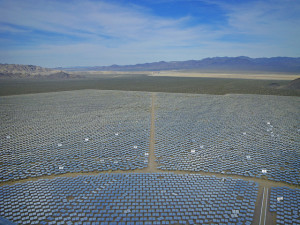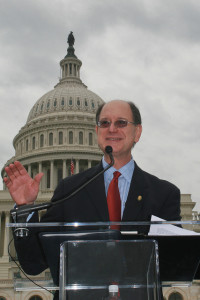
Would Republicans do this?
After the 2024 election debacle and the prospect of an anti-American dictatorship, Democrats are trying to figure out ways that they can peacefully resist, indeed survive, the next four years. For example, many Democrats have dumped their Twitter (now X) accounts since the election, as platform owner Elon Musk lurched to the right, helped Donald Trump, and appears to have landed a cozy spot in the next administration. Others are talking about purchasing items that are manufactured overseas, such as appliances, computers, clothing and cars, now to avoid the planned Trump tariffs that everyone knows will raise prices and increase inflation. Plenty of discussions reportedly are taking place among Democrats regarding other steps they can adopt, including boycotts, protests, organizing, communicating better, lobbying their members of Congress, advancing their agenda in blue states, filing lawsuits, and more.
But the really interesting question is going to be whether Republicans join Democrats and independents in acts of resistance against some of Trump’s agenda. While that may sound crazy given the full (sometimes violent) support of the MAGA base, there are many Republicans who may have an interest in keeping things more normal than the radical changes that Trump and his team plan for 2025 and beyond, as reflected in Project 2025. This includes, for example:
–Corporate owners and executives who do not want Trump’s tariffs raising their costs, which they would have to pass on to customers.
–Farm and other business owners who don’t want their cheap labor to be deported.
–Drug company owners and executives who are unhappy about COVID vaccines and other pharmaceutical products being disfavored, or maybe even banned, if Robert F. Kennedy, Jr. becomes Secretary of Health and Human Services.
–Workers, owners and executives in the rapidly growing renewable energy field (solar power, wind power, etc.), who may be less than thrilled about the likelihood of severe cutbacks to government promotion and assistance to those industries, such as that found in President Joe Biden‘s Inflation Reduction Act.
Now, it may be too much to ask that such Republicans would actually join Democrats in some formal or powerful resistance to Trump administration policies. But one can easily see Republican pushback in ways they know how to do, such as lawsuits, lobbying, or other behind-the-scenes efforts. It would not be surprising, therefore, if the most extreme parts of the planned Trump agenda end up in choppy waters, subject at least to delays.
Photo by Vince, used under Creative Commons license. https://is.gd/J1bMmW







